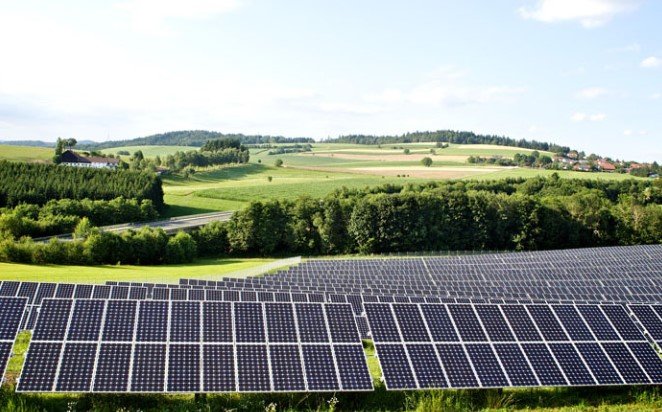The US energy sector is facing a major challenge: how to deliver reliable and affordable energy to consumers and businesses while also meeting environmental and climate goals. One of the key barriers to achieving this is the lengthy and complex permitting process, which delays and discourages investment in energy infrastructure projects. A new proposal by Senator Joe Manchin aims to simplify and speed up the approval process and unleash the potential of the US energy industry.

The Cost of Permitting Delays
According to a recent report by City Journal 1
The report cites the example of the Mountain Valley Pipeline, a 303-mile natural gas pipeline from West Virginia to Virginia, which faced years of litigation and regulatory hurdles despite receiving Federal Energy Regulatory Commission approval in 2017. It took a second legislative intervention in June 2023, which deemed the project in the national interest and restricted judicial review, to enable construction to resume in July 2023.
The report also warns that permitting obstacles could jeopardize 100 gigawatts of clean-energy projects this decade, potentially thwarting $100 billion in domestic investment and 150,000 American jobs.
The Solution: Streamlining and Coordination
To address this challenge, Senator Joe Manchin, the chairman of the Senate Energy and Natural Resources Committee, has introduced the Building American Energy Security Act of 2023 2, which aims to streamline and coordinate the permitting process for energy projects of national strategic importance. The bill would:
- Set two-year timelines for major project reviews and one-year limits for lower-impact ones
- Empower project sponsors to seek court orders if agencies miss deadlines
- Require a single coordinated environmental review instead of multiple and overlapping ones
- Limit excessive litigation delays by narrowing the scope of judicial review and requiring plaintiffs to post bonds
- Prioritize projects that enhance energy security, reliability, affordability, and resilience
The bill has bipartisan support and has been endorsed by various industry groups, such as the American Petroleum Institute, the American Wind Energy Association, and the Edison Electric Institute.
The Benefits: More Jobs, Lower Prices, and Cleaner Energy
By simplifying and speeding up the permitting process, the bill would unlock investment in reliable and affordable energy projects and ease the burden on Americans’ wallets. According to a study by the U.S. Chamber of Commerce [3], streamlining the approval process could:
- Create up to 1.9 million jobs annually
- Increase GDP by up to $3.7 trillion by 2030
- Reduce energy costs for consumers by up to $13 billion per year
- Cut greenhouse gas emissions by up to 2 billion tons by 2030
The bill would also enhance US energy security and competitiveness by reducing dependence on foreign sources, diversifying the energy mix, and modernizing the energy infrastructure.
The Outlook: A Win-Win for the US Economy and Environment
The Building American Energy Security Act of 2023 is a rare example of a bipartisan and common-sense proposal that would benefit the US economy and environment by removing unnecessary barriers to energy project development. The bill would unleash the potential of the US energy industry, create millions of jobs, lower energy prices, and reduce emissions. It would also demonstrate US leadership and commitment to addressing global energy and climate challenges.






